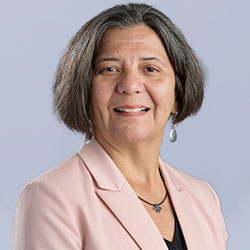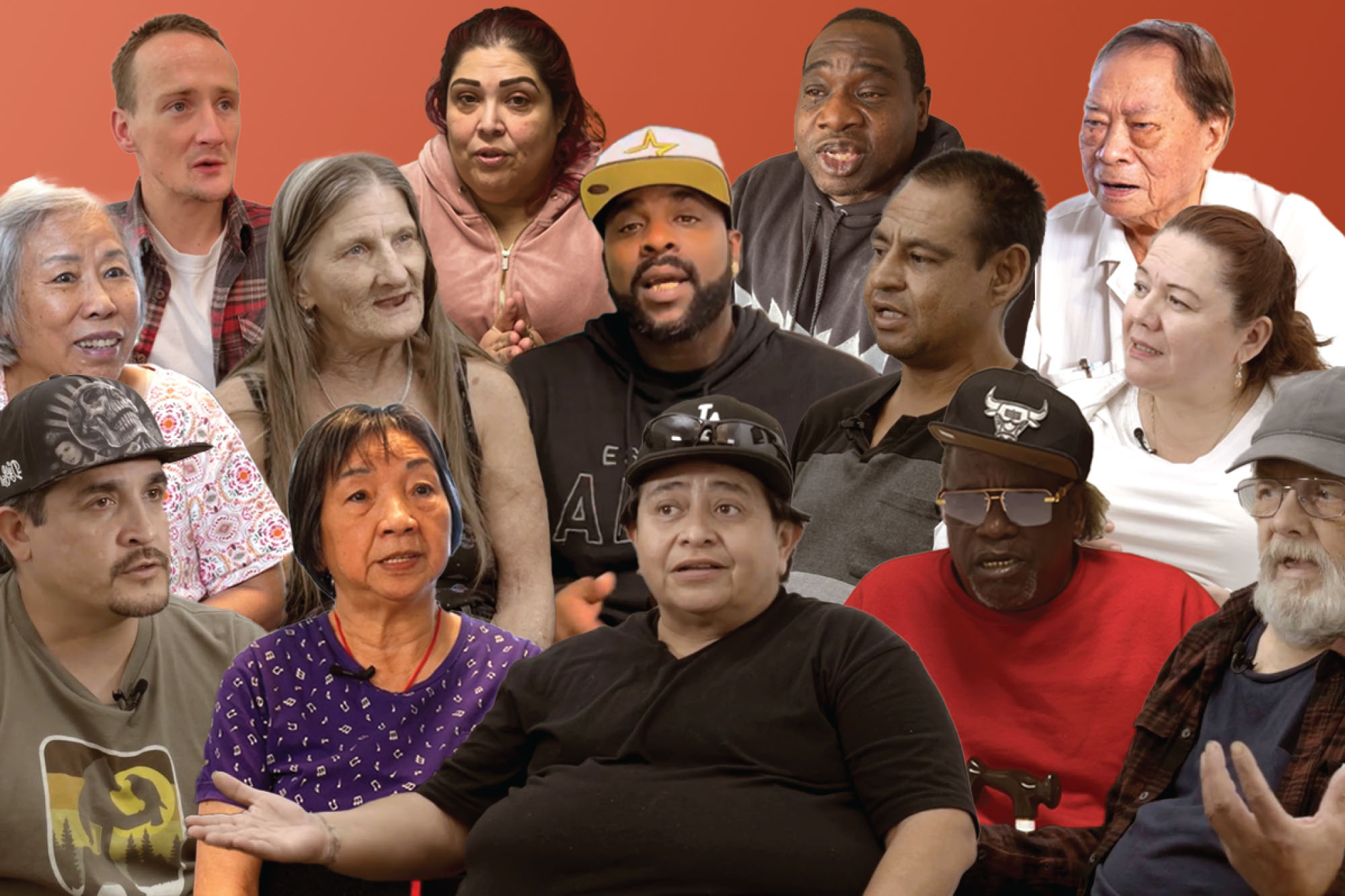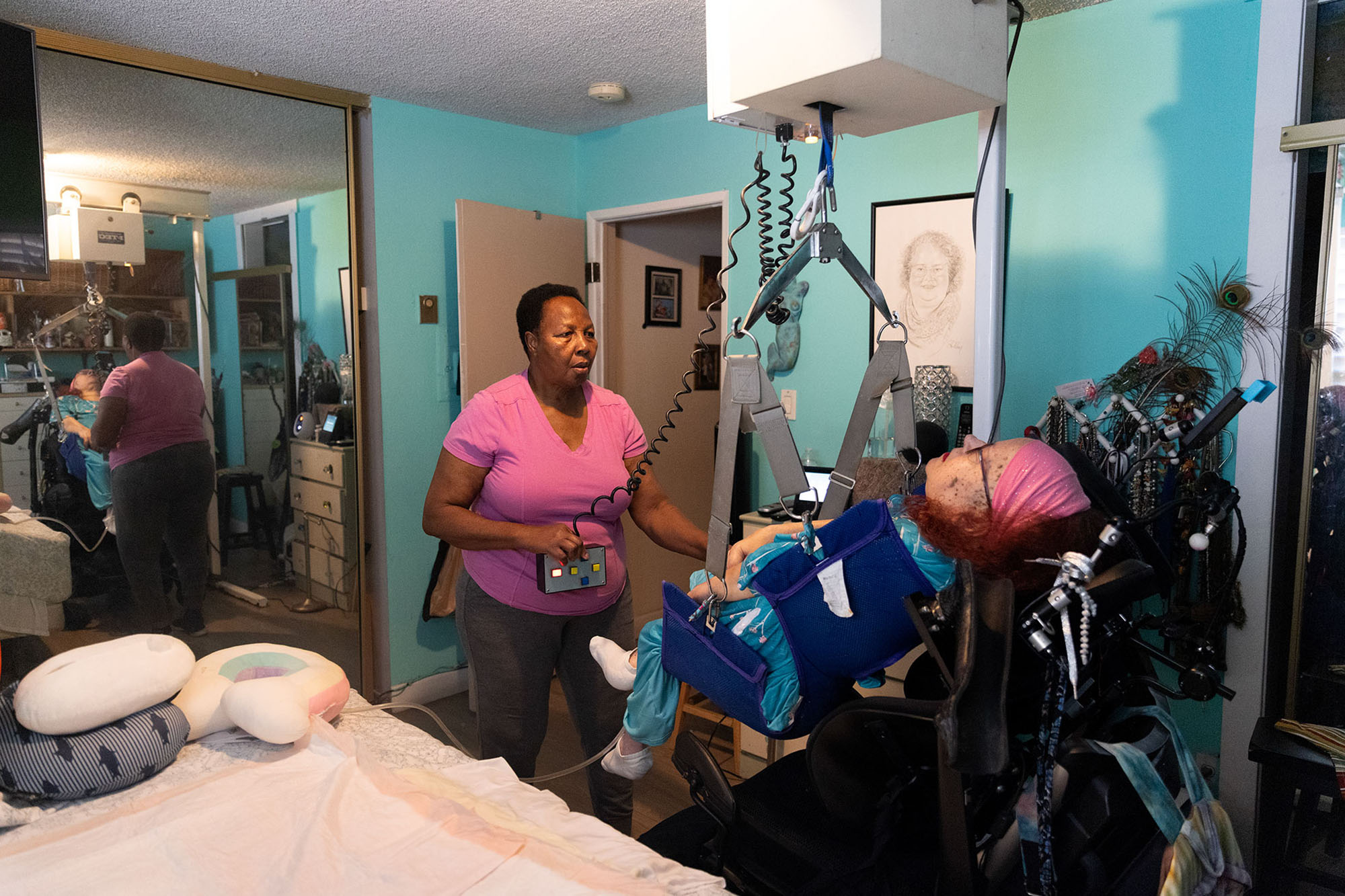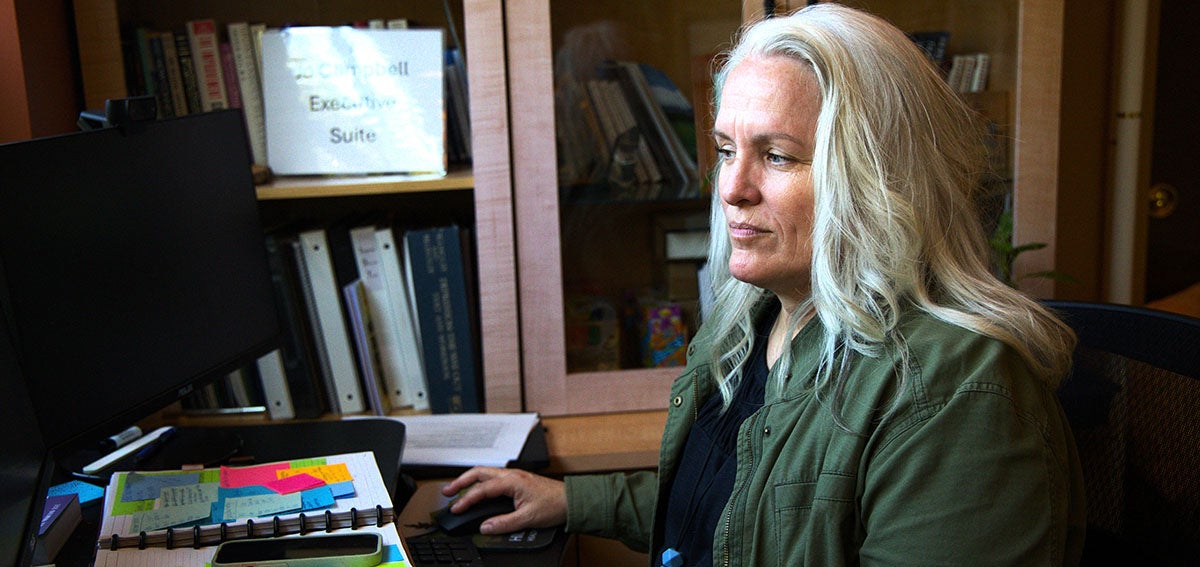On Thursday, California’s six leading gubernatorial candidates will meet on stage in Los Angeles to discuss the issues that matter most to the state’s Latinos. Health care will no doubt be a hot topic. And it should be.
When it comes to health care, perhaps no group has as much at stake as California’s 15 million Latinos. Here are three big reasons why.
Health care is a basic human need. It’s extremely hard to hold down a job, go to school, or raise a family if you don’t have health coverage. If millions of Californians remain uninsured, it won’t be possible for California to achieve its full potential.
Latinos are more likely than other groups in California to be uninsured. They represent more than half of the Californians who lack health insurance.
That is why Latinos have more to gain than any other group by achieving universal coverage in California.
Since the Affordable Care Act (ACA) was implemented, California has made impressive gains in health coverage. As a state, we’ve cut the number of uninsured in half. The next governor will have an opportunity to finish the job. There is more than one way to get there, but get there we must.
Medi-Cal Matters to All Californians — Especially Latinos
California’s Medicaid program, known as Medi-Cal, is the centerpiece of the state’s health care safety net. It benefits everyone and provides an essential role in securing the health and well-being of the state as a whole.
Medi-Cal is particularly important to Latinos for their care — and for the financial and family stability that comes with it. Half of all Medi-Cal members are Latino.
In a California Health Care Foundation poll conducted by Berkeley IGS last spring, 83% of Latinos said Medi-Cal was important to themselves or their family — more than 10 percentage points higher than Californians overall.
The next governor will play a major role in charting the future of Medi-Cal. As California’s single largest purchaser of health care, the state will make broad health policy decisions affecting the cost and quality of care for Latinos. State leaders will also determine where and how the program should improve.
In recent years, American society has come a long way toward understanding what really makes someone healthy. Health used to be thought of merely as a person’s physical condition, and health care was only about preventing or treating physical illness. Now we know so much more about how both a healthy body and a healthy mind are needed to support a person’s total well-being. Unfortunately, our health care system has yet to catch up with that understanding.
According to the California Reducing Disparities Project, Latinos face mental health challenges that are “severe, persistent, and well-documented (PDF).” Addressing these needs is a high priority for California Latinos. In the poll, 87% said it was very important for health plans to cover counseling or treatment for mental health conditions or drug-use problems, compared to 74% for Californians overall.
Again, these are important issues that will be addressed by the next governor.
Latinos Are the Future of California
Latinos are younger than other racial or ethnic groups in California. They represent 41% of the state’s millennials, while 29% are white, 22% Asian, and 5% African American. That means California’s bright future disproportionately rests upon the health of millions of Latino families. The issues that matter to them will ultimately affect everyone.
The give-and-take of campaigning is where policies are forged. I am eager to hear what the candidates have to say about health care on Thursday.
Authors & Contributors






